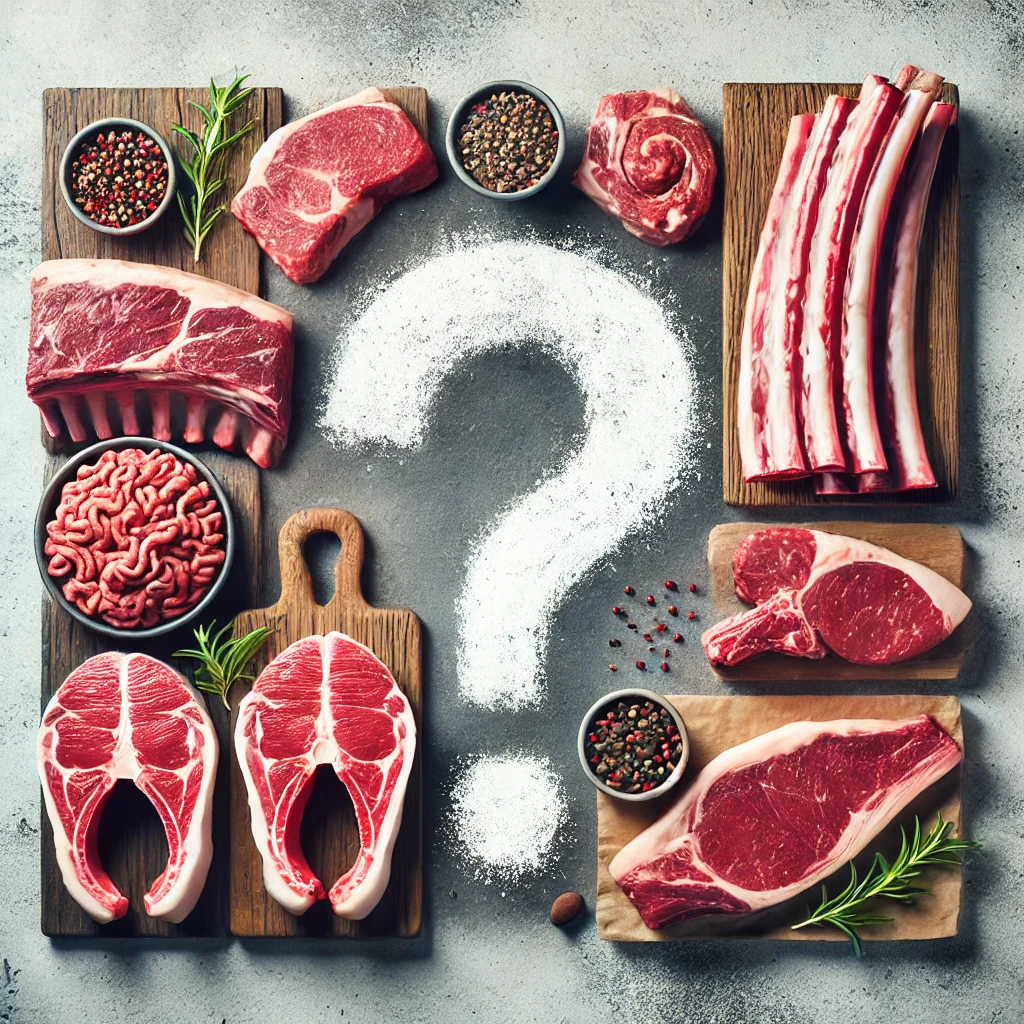Common Concerns About the Carnivore Diet
Q: Doesn’t red meat cause cancer and heart problems?
Red meat often gets incorrectly lumped together with processed foods in research. When isolated as a variable, unprocessed red meat shows no direct causal link to cardiovascular risk or diabetes. Many claims stem from observational studies where multiple variables (processed meats, refined carbohydrates, sugar) aren’t properly controlled. Red meat provides readily bioavailable nutrients and can be a healthy dietary staple.
Source: Advances in Nutrition: Health Effects of Red Meat Consumption
Q: Isn’t Fiber healthy and necessary?
Fiber is not an essential nutrient and its importance has been over-exaggerated. Many people actually experience improved digestion with decreased fiber intake. As an indigestible substance, excess fiber can impede digestion for some individuals. While vegetables can be included if desired, there’s no biological requirement for fiber.
Q: Isn’t saturated fat bad for you?
Historical studies examining saturated fat’s health impact often occurred in the context of high-carbohydrate diets. The combination of high sugar and high saturated fat creates inflammation, but saturated fat alone wasn’t properly isolated. Recent research shows ketogenic diets high in saturated fat but low in carbohydrates can actually reduce inflammation markers.
Source: Johns Hopkins Medicine: Low-Carb, Higher-Fat Diets
Q: Won’t eating only meat cause nutrient deficiencies?
Animal products contain all essential nutrients humans need, often in more bioavailable forms than plant sources. For example:
- Vitamin C requirements decrease significantly in the absence of carbohydrates
- Organ meats provide abundant vitamins and minerals
- Animal protein contains all essential amino acids
Source: Nutrition Reviews: Bioavailability of Meat-Based Micronutrients
Q: Is the carnivore diet sustainable long-term?
Many people have followed the carnivore diet for multiple years with continued health benefits. Regular blood work monitoring and working with healthcare providers can help ensure long-term success. Individual responses vary, and some may need modifications based on their specific health needs.
Q: What about cholesterol levels?
Cholesterol response to a carnivore diet varies by individual. Many experience improved HDL/LDL ratios and cardiovascular markers. The traditional view of dietary cholesterol’s impact on heart health has been significantly revised in recent years.
Q: Does the carnivore diet impact gut health?
While different from conventional advice, many report improved digestive health on a carnivore diet. The gut microbiome adapts to different dietary patterns, and some studies suggest certain gut issues may improve with reduced plant fiber intake.
Source: Frontiers in Microbiology: Impact of Different Diets on Gut Microbiota
Additional Resources
Note: Always consult with healthcare providers before making significant dietary changes, especially if you have pre-existing conditions or take medications.






